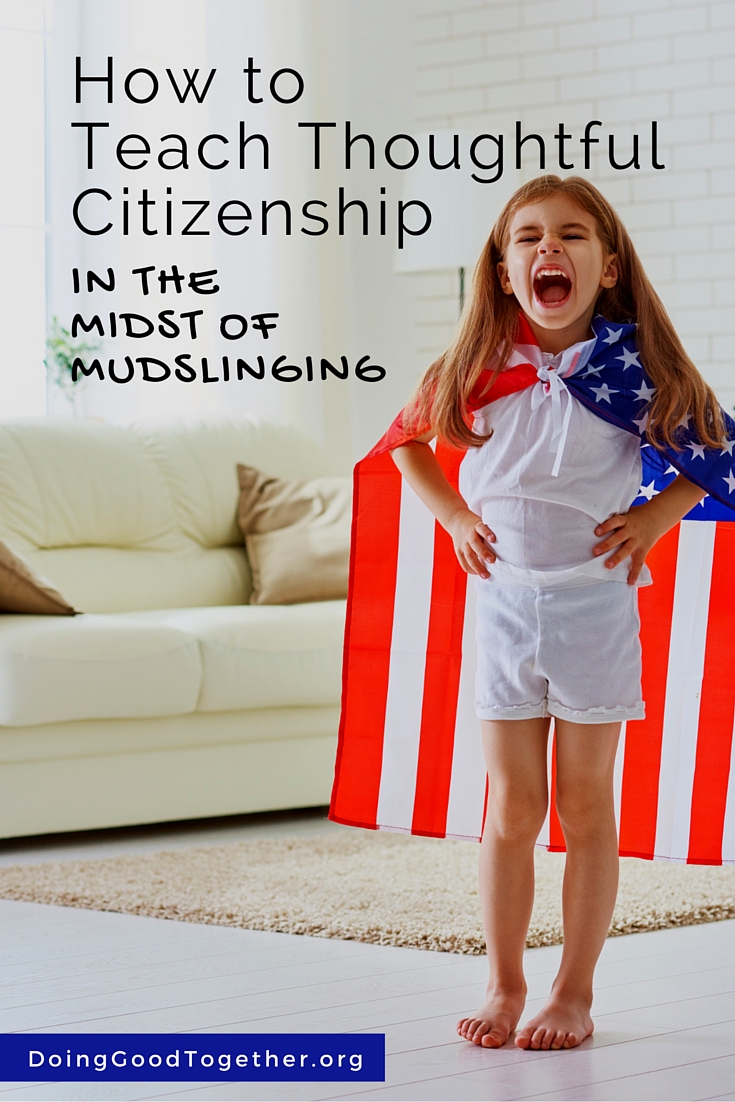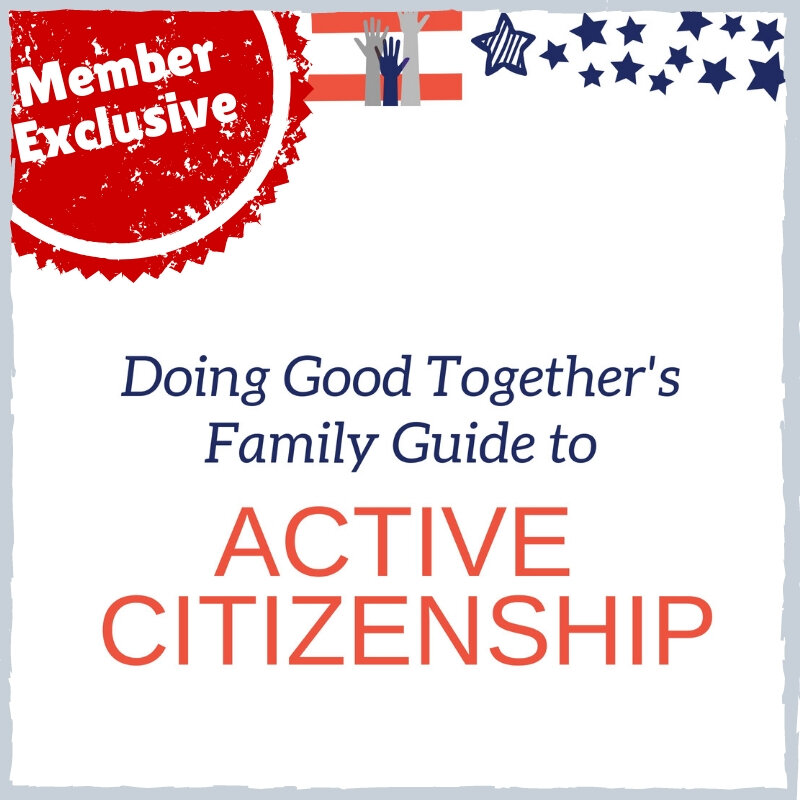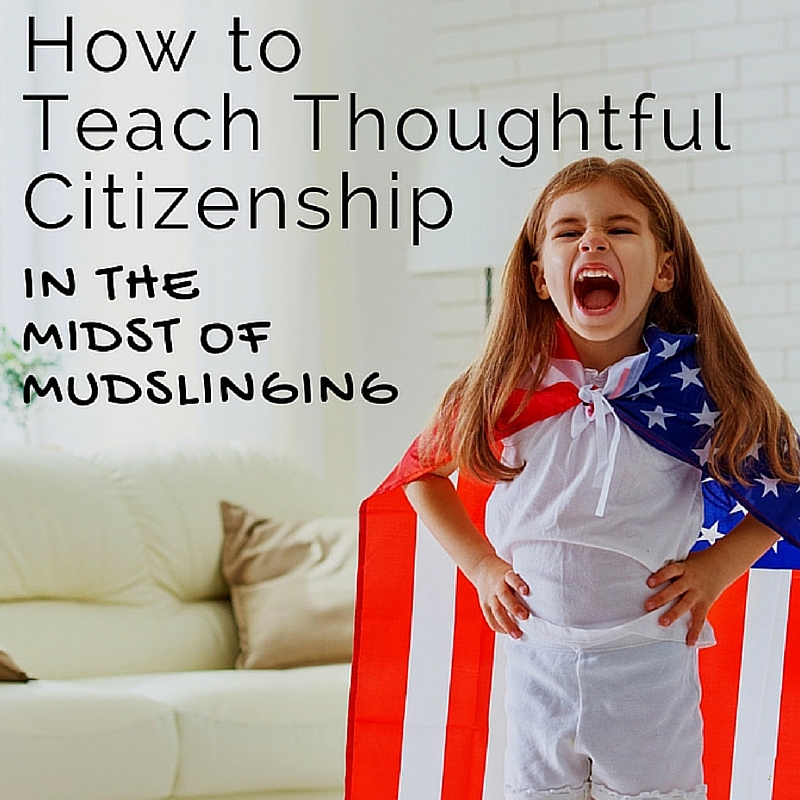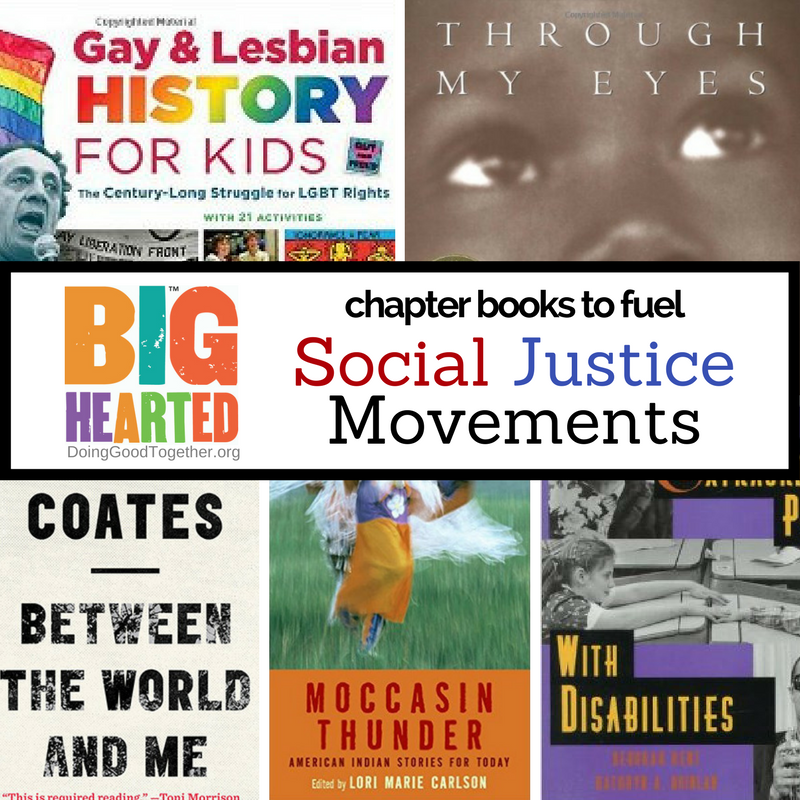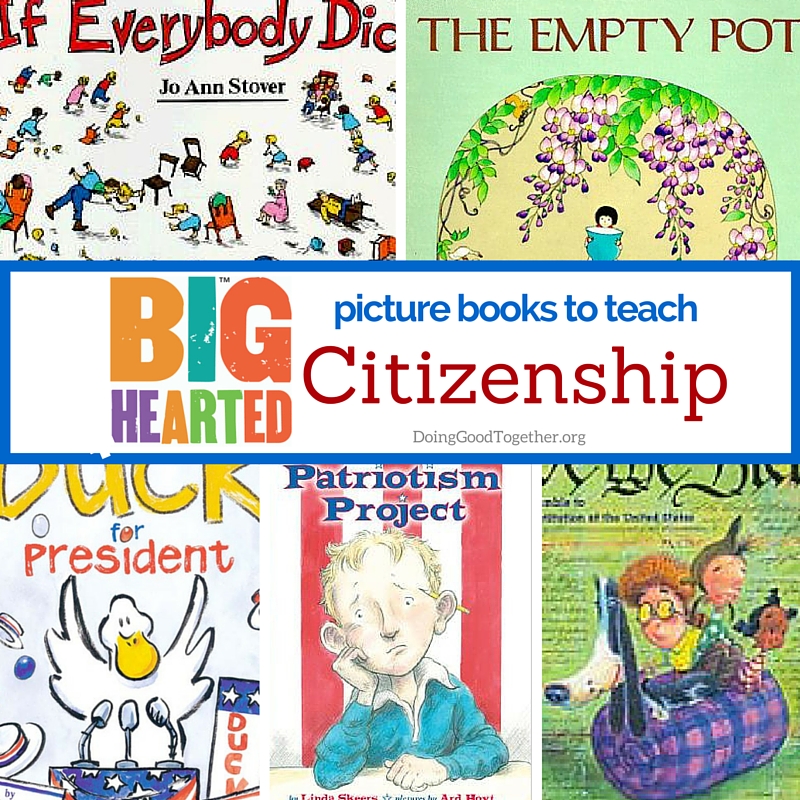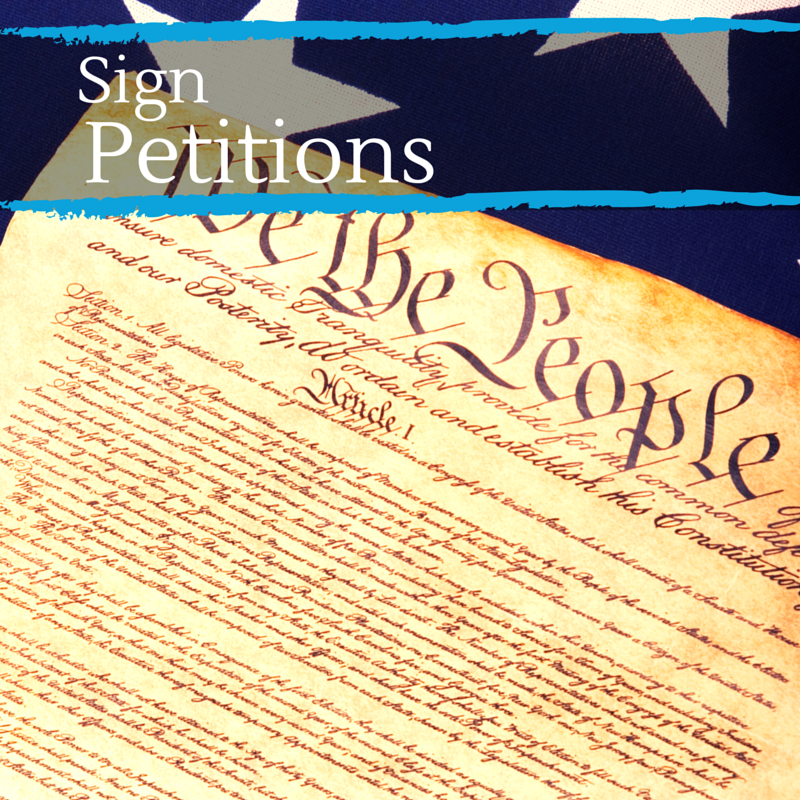There is no escaping it.
Political intrigue has taken hold of every media source your family is likely to use. Uninformative, often angry ads and commentary pop up at the most inappropriate times.
They’ve made me abandon television news programs. As much as I want to stay well-informed, I’d rather not have screaming sound bites as the soundtrack to our evenings.
Don't fight, we tell the kids. Speak respectfully and play fair.
Yet the very people leading our nation can’t seem to follow these elementary instructions. Our lessons are drowned out by their mudslinging, mocking, and outrageous tweets.
And I’ll be honest.
I’m not a neutral observer of my country and its politics. I’ve been known to talk back to news reports, baring my outrage with a vitriol I don’t want my children to emulate.
Fortunately, there is an antidote to this onslaught of outrageous scandals and sound bites.
It's fairly simple.
We must approach this hyper-political climate as a learning opportunity (click to tweet).
We must point out shameful examples of unacceptable public behavior.
We must wrestle with tough questions together, with and in front of our children.
How can people make themselves heard without acting hatefully?
How do two divided people – or two divided parties – find common ground?
How can we empathize with people while disagreeing with them?
Where do we stand on important issues?
Follow these strategies to turn political upheaval into an opportunity for learning.
1. Model civil behavior.
It’s critical that we model honorable discussion habits, whether we’re demanding answers from a congressional leader at a community event or simply debating the merits of a news story at the dinner table. It’s possible to disagree fervently, even persuasively, without playing dirty.
Even if our kids aren't participating in the conversation, they are listening to the way we speak and the tone we take. If we resort to angry name calling as our preferred political discourse, we'll simply reinforce the terrible messages some news outlets are spreading.
Strive to elevate the conversation by remaining calm and thoughtful, admitting the limits of what you know, and staying away from mudslinging yourself.
2. Empathize with the other side.
Whatever issue you are tackling, and in spite of your own strongly-held beliefs, take a moment to consider the idea that each participant in the debate truly believes they aim to improve our country. This is especially important when discussing politics with friends and family members who may hold opposing ideas.
With this in mind, attempt to understand each side’s take on the issues. Strive to make sense of other perspectives of the issue. Start by finding common ground on a core value or issue, and broaden the discussion from there.
3. Reach out to leaders.
As a family, write letters to your representatives. Invite your children to ask questions and raise their own concerns. Even consider attending an event or town hall they might be attending.
4. Be curious and do your research.
Watch for opportunities to learn with your child. If you find a topic that stumps you – whether it’s a question about the history of our democracy, the merits of a controversial policy, or an outrageous statement by a politician– take a moment to do a little research.
Visit sites like FactCheck.org, which aims to reduce the level of deception and confusion in American politics. You and your child will become more informed together.
5. Practice civic engagement.
Start a letter writing campaign, sign petitions, or raise awareness for a cause you care about. Try one of these Advocacy Projects, from Doing Good Together™. Complete with conversation starters, great resource links, and tips to get started, these projects will teach kids how to join a movement and make change.
6. Take a literary approach.
If current events are too disheartening, dive into fiction with your child. This growing list of picture books and chapter books to teach citizenship will give you and your family plenty to talk about when you feel inclined to hunker down and avoid the mudslinging altogether.
As the angry rhetoric flies through the airwaves, it’s tempting to take an old-fashioned duck-and-cover approach.
But what lessons will we teach – unintentionally – by washing our hands of the whole horrible mess?
We can help shape the citizens our children will become by holding up the worst of this political era as the disgrace that it is. And even more so, by offering a thoughtful counterpoint to the disastrous examples our kids are getting from the headlines.
Pick an advocacy project and get started!
Subscribe to DGT's Big-Hearted Families™ Blog and receive our latest tools right in your inbox.

